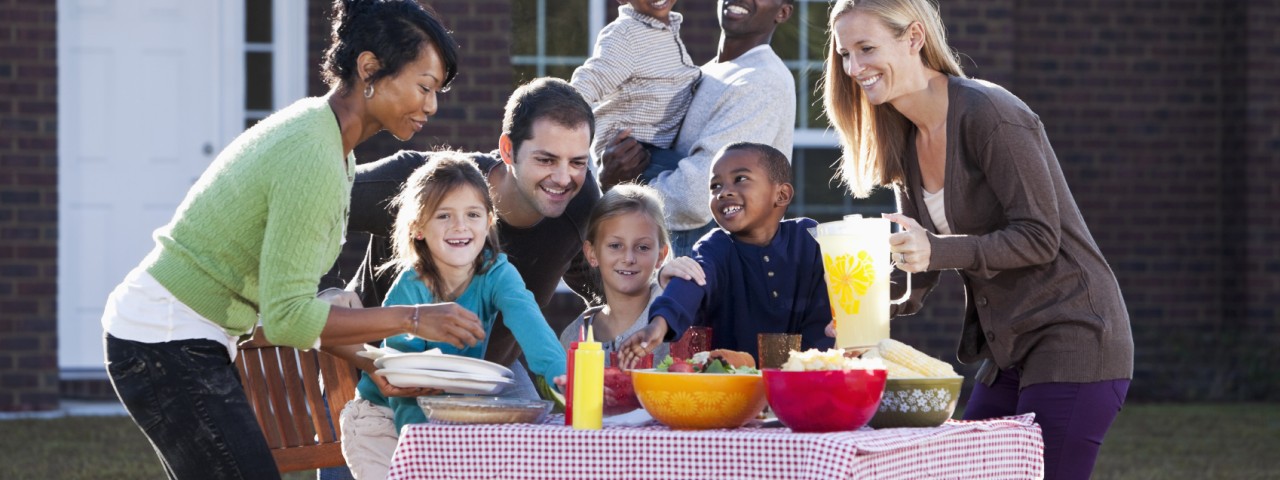Is Your Neighborhood Affecting Your Child's Development?
- Tweet

This fall we had the good fortune to be part of kindergarten registration in eight Shelby County schools. We saw excited children, nervous parents, competent teachers, and curious little brothers and sisters. During our wonderful time there, we also collected data for our efforts to better understand kindergarten readiness.
One of the key topics that we explored this year concerned the ways in which more socially cohesive neighborhoods support kindergarten readiness. In other words, neighborhoods that are tight-knit and where families interact, are beneficial to children’s early development.
These results echo what child development experts have said for years: early childhood development is greatly influenced by the immediate environment surrounding a child.
This is good news for Memphis and Shelby County.
Many Memphians take pride in their neighborhoods, and work to make their neighborhoods better places to live. Across the city, a strong indicator of neighborhood satisfaction is the length of time that residents have lived there. This is as true for low-income as for middle-class neighborhoods. Stable neighborhoods help to support the well-being of families with young children by providing a sense of security, eyes on the street looking out for crime, and a shared sense of investment in the community.
By further strengthening our neighborhoods, we provide better chances for our children to reach school ready to thrive, achieve academic excellence. Later in life, they are more likely to be ready for college and career.
Ultimately, when our children thrive, our city thrives. When our city thrives, we set the bar higher for our future. And, when we set our bar higher, we demand more from ourselves as a community.
